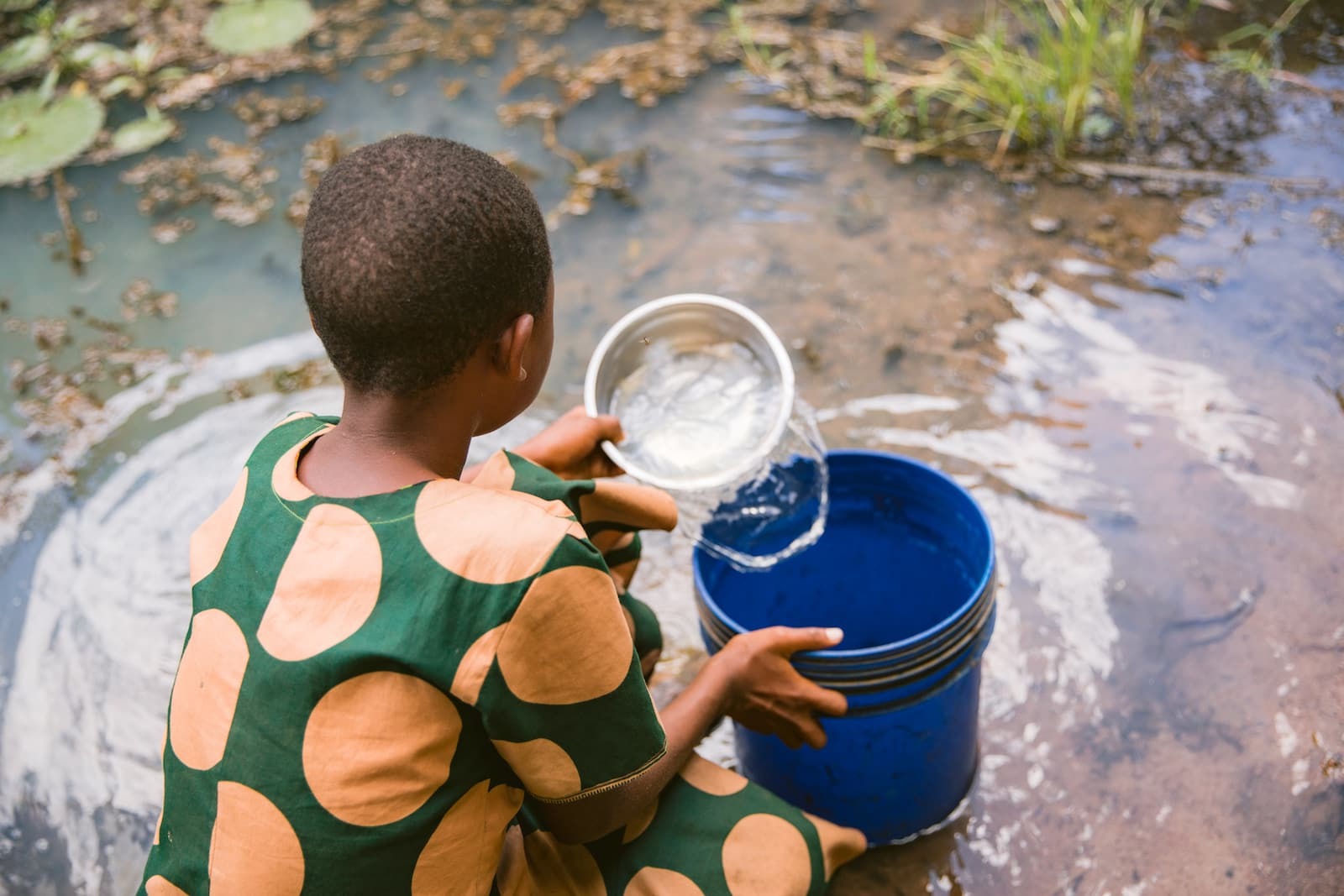
Water scarcity in Africa is a pressing issue affecting millions. Did you know that over 300 million people in sub-Saharan Africa lack access to clean drinking water? This crisis impacts health, education, and economic development. Why is this happening? Factors include climate change, population growth, and poor infrastructure. Imagine walking miles daily just to fetch water. This is a reality for many African families. What can be done? Solutions range from building wells to implementing water conservation practices. Understanding these facts can help us appreciate the severity of the situation and inspire action. Stay tuned as we delve into 18 crucial facts about water scarcity in Africa.
Understanding Water Scarcity in Africa
Water scarcity in Africa is a pressing issue affecting millions. This scarcity impacts health, agriculture, and overall quality of life. Let's dive into some eye-opening facts about this critical situation.
-
Over 300 million people in Africa lack access to clean drinking water. This staggering number highlights the severity of the crisis and the urgent need for solutions.
-
Sub-Saharan Africa is the hardest hit region. Countries in this area face the most significant challenges due to limited water resources and infrastructure.
-
Climate change exacerbates water scarcity. Rising temperatures and changing rainfall patterns make water even more scarce.
-
Agriculture consumes about 70% of Africa's freshwater. This heavy usage leaves less water available for drinking and sanitation.
Health Impacts of Water Scarcity
Lack of clean water has dire consequences for health. Contaminated water sources lead to numerous diseases and health issues.
-
Waterborne diseases are rampant. Cholera, dysentery, and typhoid fever are common in areas with poor water quality.
-
Children are the most vulnerable. Diarrheal diseases from unsafe water are a leading cause of death among children under five.
-
Women and girls bear the brunt. They often spend hours each day fetching water, which affects their education and health.
-
Malnutrition is linked to water scarcity. Without adequate water, food production suffers, leading to hunger and malnutrition.
Economic and Social Consequences
Water scarcity doesn't just affect health; it also has significant economic and social repercussions.
-
Economic growth is stunted. Countries with severe water scarcity struggle to develop economically.
-
Conflicts over water resources are common. Scarcity can lead to disputes between communities and even countries.
-
Urban areas face unique challenges. Rapid urbanization puts additional pressure on already limited water supplies.
-
Tourism suffers. Water shortages can deter tourists, impacting local economies.
Efforts to Combat Water Scarcity
Various initiatives and technologies aim to address water scarcity in Africa. These efforts are crucial for improving access to clean water.
-
Desalination plants are being built. These facilities convert seawater into drinkable water, providing a new source of freshwater.
-
Rainwater harvesting is gaining popularity. Collecting and storing rainwater helps communities manage their water needs.
-
Improved irrigation techniques are being implemented. Efficient irrigation reduces water waste in agriculture.
-
International aid plays a significant role. Many countries and organizations provide funding and support for water projects in Africa.
The Future of Water in Africa
Looking ahead, sustainable solutions and continued efforts are essential to address water scarcity.
-
Education and awareness are key. Teaching communities about water conservation can make a big difference.
-
Innovative technologies offer hope. Advances in water purification and distribution could transform access to clean water.
Water scarcity in Africa is a complex issue with far-reaching impacts. Understanding these facts helps highlight the importance of finding sustainable solutions.
The Urgency of Addressing Water Scarcity
Water scarcity in Africa is a pressing issue that demands immediate attention. Millions of people face daily struggles to access clean water, impacting health, education, and economic stability. Climate change, population growth, and poor infrastructure exacerbate the problem, making sustainable solutions crucial. Governments, NGOs, and communities must collaborate to implement effective water management practices and invest in infrastructure improvements. Simple actions like rainwater harvesting, efficient irrigation, and protecting natural water sources can make a significant difference. Raising awareness and educating people about water conservation is also vital. Addressing water scarcity isn't just about providing water; it's about ensuring a better future for millions. Let's take action now to secure a sustainable and equitable water supply for all.
Was this page helpful?
Our commitment to delivering trustworthy and engaging content is at the heart of what we do. Each fact on our site is contributed by real users like you, bringing a wealth of diverse insights and information. To ensure the highest standards of accuracy and reliability, our dedicated editors meticulously review each submission. This process guarantees that the facts we share are not only fascinating but also credible. Trust in our commitment to quality and authenticity as you explore and learn with us.


